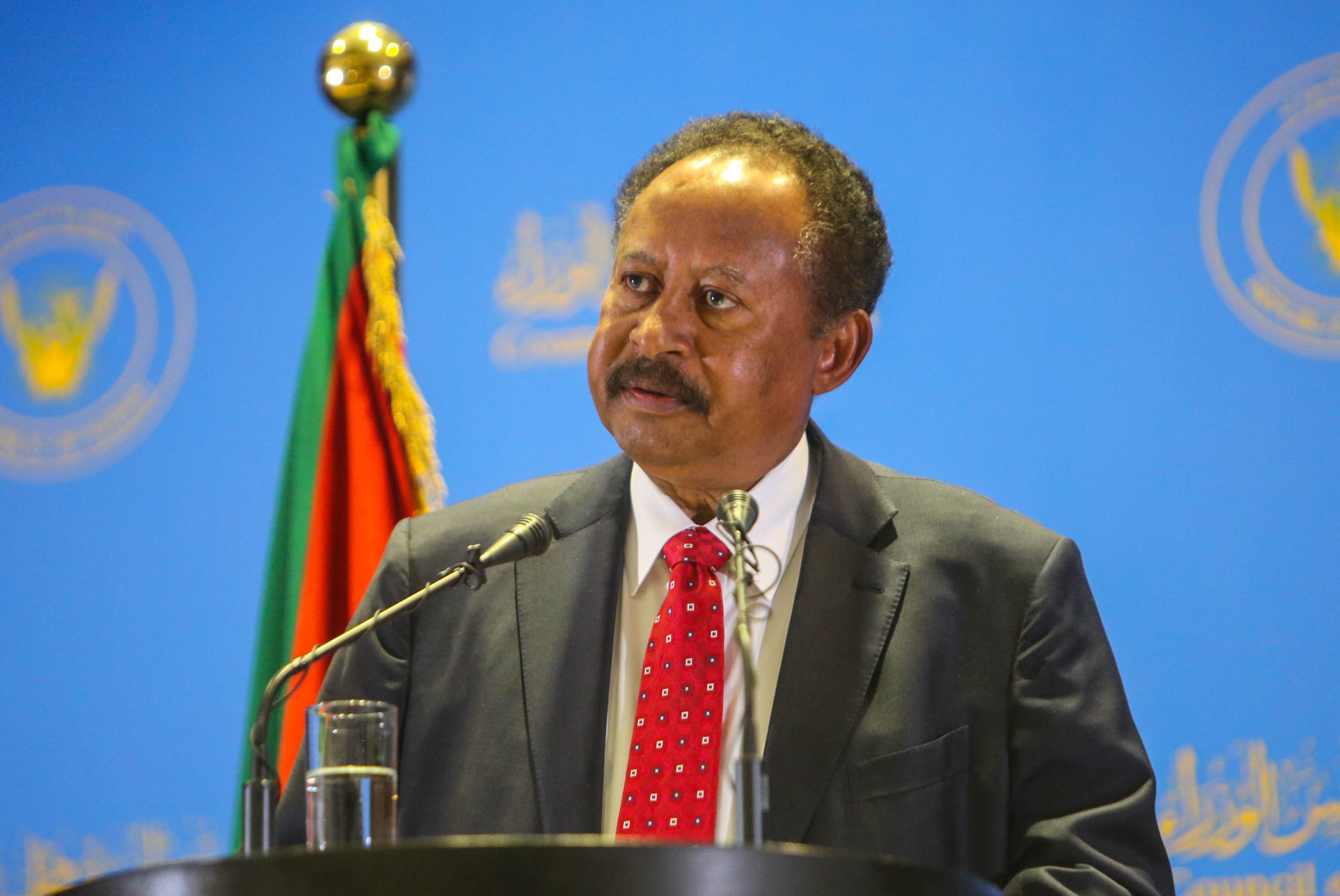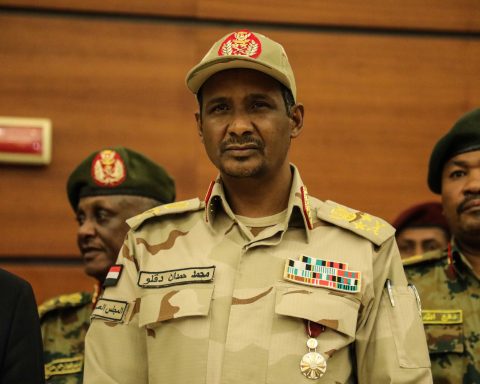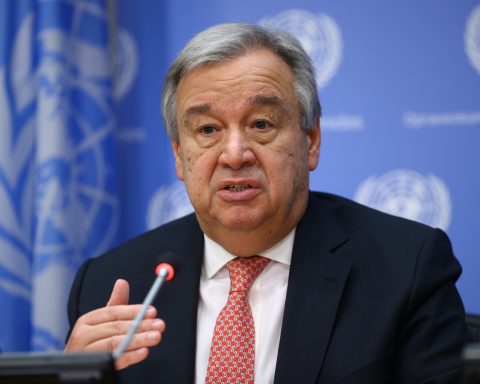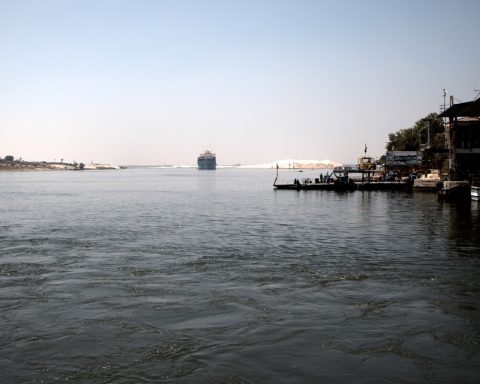Sudanese Prime Minister Abdalla Hamdok invited the two Nile countries of Egypt and Ethiopia on Tuesday, in order to talk about possible options over reviving negotiations on the highly disputed Grand Ethiopian Renaissance Dam (GERD), after recent talks held under the auspices of the African Union in Kinshasa collapsed earlier this month. In a letter sent to Egyptian Prime Minister Mostafa Madbouly and Ethiopian Prime Minister Abiy Ahmed, Hamdok expressed that negotiations need to be revived as talks between the three countries had reached an advanced stage in the recent talks.
The Sudanese Prime Minister has said that the invitation for a meeting comes in line with the tenth article of the 2015 Declaration of Principles over GERD. According to Article 10, if the parties involved fail in resolving the dispute through talks or negotiations, they are able to request mediation from external bodies or refer the matter to their heads of states or prime ministers. Recently, Sudan and Egypt have pushed for the inclusion of a quartet mediation group comprised of the US, the United Nations, the EU, and the African Union. Ethiopia has rejected this proposal in the belief that a solution within the framework of the African Union would be jeopardized.
As early as last Tuesday, Ethiopia’s foreign and water ministers addressed African ambassadors, emphasizing a ‘win-win’ solution to the long-disputed dam. On the same day, Egypt sent letters to the UN Secretary-General, the Head of the UN Security Council, and the Chair of the UN General Assembly explaining the latest developments with regards to the negotiations.
Ethiopia plans to undertake its second filling of the dam in the month of July, in spite of the strong objection of Sudan and Egypt should this be done without a legally binding agreement between the three countries.














